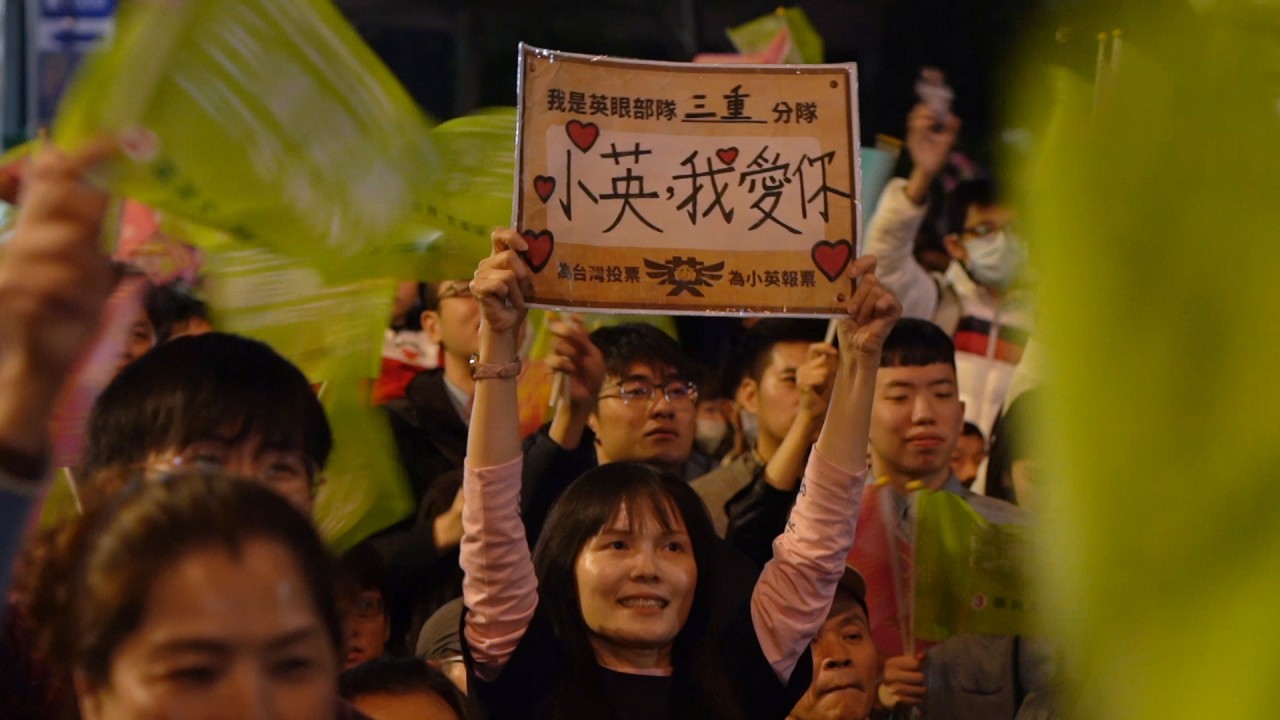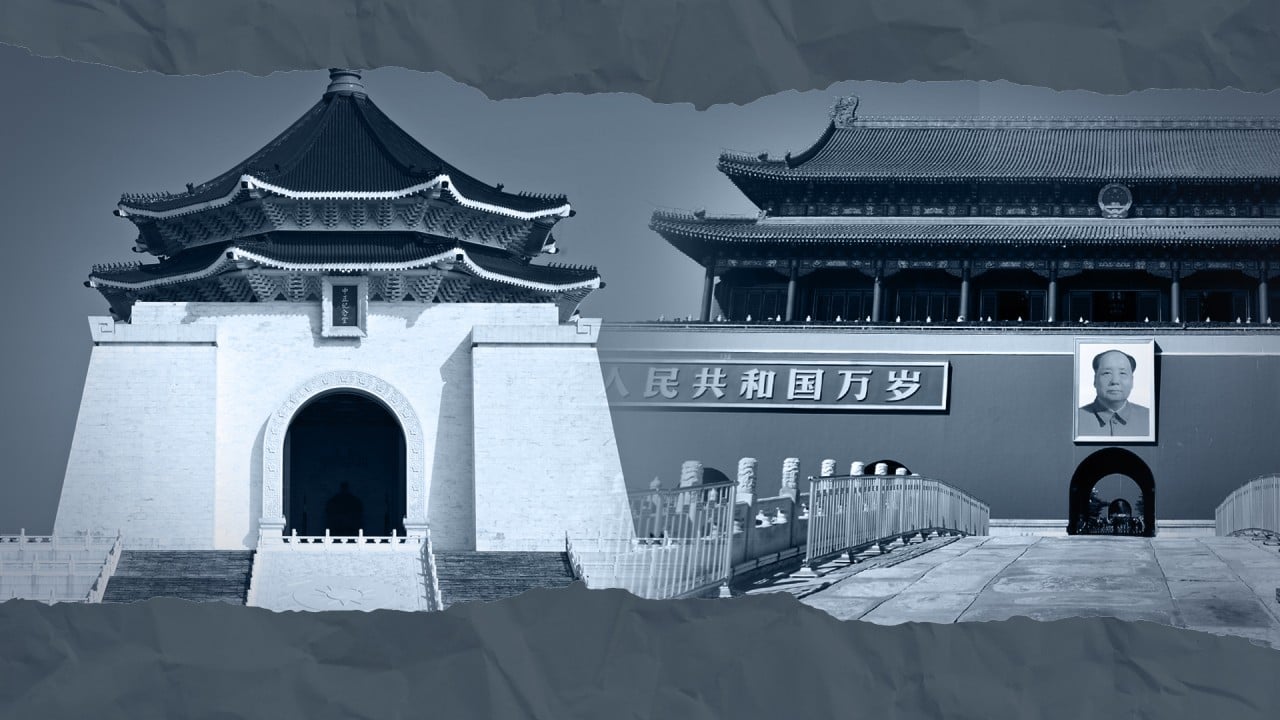
Taiwan’s opposition KMT seeks foothold in US, but is it too Beijing-friendly?
- Kuomintang plans to court support in US by reopening its Washington office, which it closed after it last won power in Taiwan
- Its stance is broadly pro-Beijing, whereas a consensus has hardened against China among US politicians and public
It plans to reopen its representative office, shut down in 2008, and re-establish, aiming to increase its connections with US politicians, influential think tanks and Taiwanese people in the US, according to senior KMT officials.
“We have recently set up a preparatory team with the goal of reopening the office in Washington,” said Huang Kwei-bo, deputy secretary general of the KMT, who is co-leading the team.
“The [reopening of] the office is aimed at increasing the KMT’s exposure in the US so that our views and policies can be better understood there.”

04:01
Tsai Ing-wen wins her second term as Taiwan’s president with most ever votes
Huang said the cash-strapped party planned to raise funds in Taiwan or from the Taiwanese community in the US to finance the office, which would cost at least NT$8 million (US$285,000) a year to maintain.
Its Washington personnel would need to be well versed in US affairs and develop lines of communication with US officials and their aides, members of Congress from both the Republican and Democratic parties, think tank scholars and the Taiwanese community, Huang said.
Huang said the proposal took a back seat to the presidential campaign and later the Covid-19 pandemic, which had curtailed some face-to-face activities, particularly in the US, where Covid-19 has been rampant.
Tsai says Beijing must face reality that Taiwan is ‘independent country’
“Once the pandemic is brought under control, we should be able to carry on,” he said, adding that he hoped the office could be reopened later this year.
The KMT closed its representative office in the US after the party’s former chairman Ma Ying-jeou was elected Taiwan’s president in 2008 and handed over its functions to the foreign ministry of his government. Since then, the KMT, which lost power in 2016, has not reopened the office or assigned any party officials to represent it in the US.
Charles Chen I-hsin, a KMT legislator and executive director of the Institute for Taiwan-America Studies – a pro-KMT think tank set up by ethnic Taiwanese groups in Washington – said the KMT needed to revive its presence in the US to better convey its message and cultivate closer contacts with influential personalities there.

10:22
Why has the relationship between the Chinese mainland and Taiwan taken a turn for the worse?
“With the DPP getting popular support in the US, there is a dire need for the KMT to raise its profile there so that its voices can be heard,” Chen, an adviser to the preparatory team, said.
One way the KMT could better convey its message was through closer connections with US think tanks, some of whose staff were former government officials who could return to government roles in future, Chen said.
Fan Shih-ping, a political-science professor at National Taiwan Normal University, said the KMT’s pro-mainland China policy was the reason it had lost support from the US.
“It has already become a consensus in the US Congress and the government to support Taiwan to counter China, but the KMT has ignored it, believing that once Joe Biden [became US president], there would be changes,” Fan said, adding that reopening the office would do nothing to help the KMT regain support in the US if it continued to ignore that consensus.
Can Johnny Chiang save Taiwan’s troubled Kuomintang party?
A KMT source said since the party lost power in 2016, different party factions had fought over whether to opt for a mainland engagement policy or a US-friendly policy.
“This explains why the party has not been active in managing its ties with the US,” the source said, on condition of anonymity.
Eric Huang, a non-resident fellow at the National Policy Foundation, a KMT think tank in Taipei, said KMT chairman Johnny Chiang’s decision to increase the party’s presence in Washington showed recognition of deteriorating US-China relations and the change in mentality of US politicians and the American public towards mainland China.
“The KMT has realised these changes and Johnny Chiang is taking the right direction,” Huang said.

